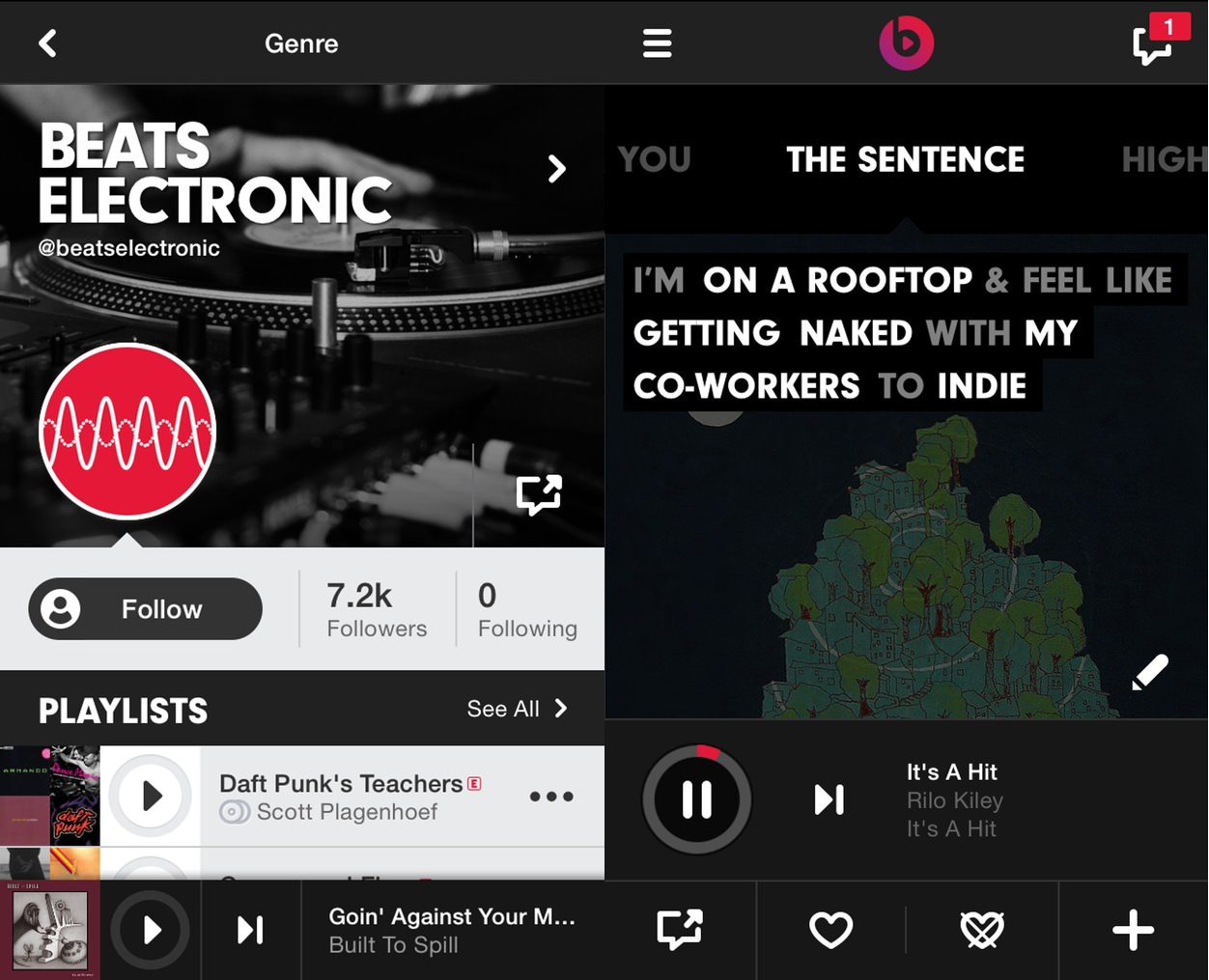B-B-B-Beats…

Falls sich der Beats-Deal tatsächlich bestätigt („Dr. Dre was spotted walking around Apple’s Cupertino, Calif., campus last month.“), ist das mittlerweile gelöschte Facebook-Video von Tyrese Gibson – „the first billionaire in hip hop“ – einer der unterhaltsamsten Leaks für ein Apple-Gerücht in den letzten Jahren (das es unmöglich macht, nicht tiefer ins Thema reinzulesen).
Hier ein paar Details und Links, die ich an Beats Electronics, der Company, die seit 2006 existiert, interessant fand.
- Dr Dre’s headphone company Beats Electronics has been valued at more than $1bn (£620m) following the sale of a minority stake in the business to private equity firm Carlyle Group.
- Now, a knowledgeable source tells Fast Company that Beats Electronics is on track to do roughly $1.4 billion in revenue this year [2013], though that number could range as high as $1.5 billion. The revenue figure suggests that Beats continues to dominate the headphone market. According to the source, the company has sold around 15 to 20 million units to date, including headphones and speakers. Beats Electronics declined to comment on the figures, saying that as a private company, it doesn’t share such numbers. But it did point to NPD data that shows Beats is leading the $100-plus headphone industry in the U.S. with more than a 60% market share.
- Monster received some money as part of the breakup—more severance payment than cash-out—and Beats walked away with everything: all of Monster’s audio work, every single patent, the trademarked design, and more than anything else, the name.
- HTC bought 50.1 percent of Beats Electronics, which was founded by U.S. rapper and music producer Dr. Dre and Beats‘ current CEO Jimmy Iovine, for $309 million in August last year, as part of its efforts to differentiate its phones and enhance branding amid rising competition. But it said in a weekend statement that it sold 25 percent back to Beats‘ founders for $150 million.
- On September 27, 2013, HTC confirmed its plan to sell its remaining 24.84% stake in Beats back to the company for $265 million.
Das Verkaufsargument der Beats-Kopfhörer ist nicht deren Audioqualität, sondern deren Image1. Das erinnert ein bisschen an Harley-Davidson in den 80er-Jahren, als man nicht mehr die Güte und den Preis der japanischen Konkurrenz erreichte und sich insbesondere über den Appeal ihrer Motorräder zurück ins Rennen kämpfte. Ein Profil ist ganz und gar kein ungenügendes Verkaufsargument.

Und der Streaming-Service?
Beats Music startete nicht von Null. Zum Schnäppchenpreis von 10 Millionen US-Dollar verleibten sich Dr. Dre und Jimmy Iovine im Sommer 2012 den MOG Music Service ein, der über sieben Jahre wuchs.
Apple hätte zweifellos die Fähigkeit, seinem Musikkatalog ähnlich passende Sound-Zusammenstellungen zu entlocken. Das fand bis heute jedoch nicht statt, obwohl man mit den Genius Mixes und iTunes Radio bereits zwei Produkte pflegt, die genau das gebrauchen könnten.
- Wie viele Kopfhörer Beats damit tatsächlich verkauft, weiß Apple als prominenter Verkäufer aus seinen Stores sehr genau. ↩︎